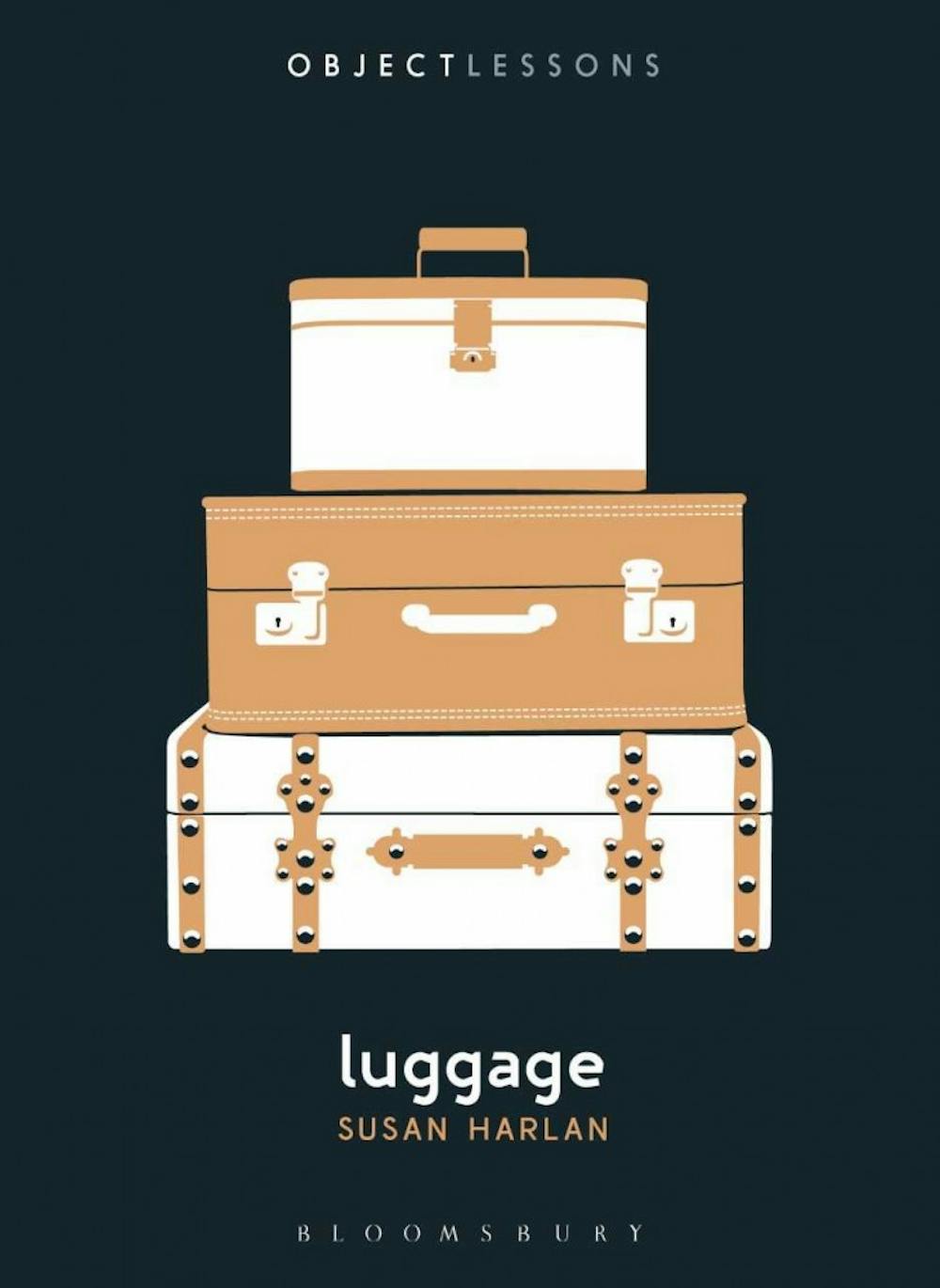Flyleaf Books will host author Susan Harlan to discuss her book, “Luggage,” on Wednesday at 7 p.m. The book is part of the Object Lessons series, a collection of books that explore the hidden lives of ordinary things. Harlan is an associate professor of English at Wake Forest University. Staff writer Jackson Byrne talked to Harlan about her writing process for "Luggage."
The Daily Tar Heel: Could you tell me a little bit about your book “Luggage” and what it’s about?
Susan Harlan: I am an English professor. I’ve been at Wake Forest for eight years, and my scholarship centers on material culture in Renaissance England, so I write a lot about masculinity and militarism, and the material world of war in the 16th and 17th centuries in England — and my academic focus on armor. But I found over the last couple of years that, while I really like writing about objects and I really enjoy writing about objects academically, I kind of wanted to take a different approach at this point and write a different kind of book.
I travel a lot, and I drive around the South a lot with my dog, and I do a lot of road trips — and I find that over the years, I got to thinking about luggage and about the things we bring with us, and we leave home and why. By that I mean both the actual containers and also the things we choose to put in the containers — because I feel like when we use the word “luggage,” we’re kind of referring to both of those things.
I’m a collector, and I actually have a collection of vintage luggage. It's one of the many collections I’ve amassed over the years. So, the interest was also kind of personal, and I wanted the book to move back and forth between literary representations of luggage, movies, personal experience, and just be a little bit like a packed suitcase. Honestly, that’s the way I’m kind of thinking about it.
DTH: I know you mentioned your own luggage collection and your own experiences traveling. Would you say that your personal world is something you draw from a lot in your writing?
SH: I definitely did want the book to be personal, and the Object Lesson series has a personal bent. As a series, the books all have some things in common I think, but the editors also give you enough space to take your own approach. And so the place of the personal varies a little bit from book to book, but I knew that I wanted that to be part of it, and that part of the appeal of the subject for me was definitely personal, and not just intellectual. The personal and professional are often more tied up in each other than a lot of English professors will even admit.
DTH: Did combining the personal and intellectual present any challenges?
SH: I have to say that I really enjoyed this. It didn’t really feel like a challenge to me. It felt really natural. There are definitely challenges in writing in different ways and switching back and forth between different modes, but for me, writing the book with kind of a personal voice wasn’t a challenge. That was exactly what felt right. And I think that even writing about books in the book, it’s a personal close reading, not a more distant academic kind of close reading — and that I think is also pretty typical of a lot of the essays I’ve written where I wanted to work with something.




